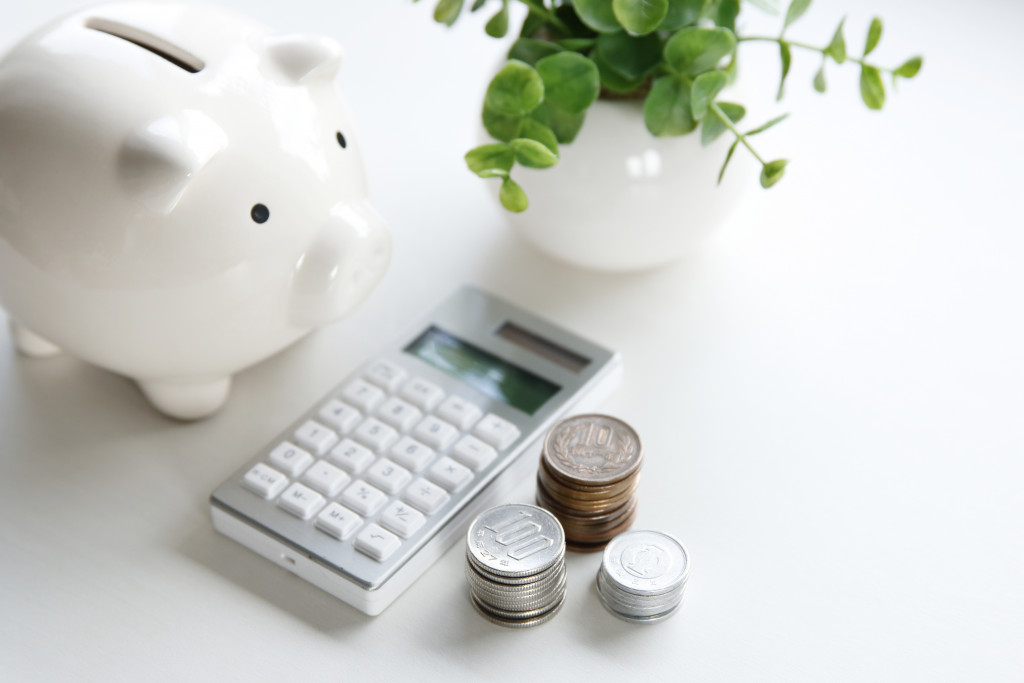As a business owner, you know that unexpected expenses can arise anytime. Establishing an emergency fund is essential so that if your business faces financial struggles, you can access the funds you need. Here are a few strategies to help you build a solid emergency fund from scratch.
Start with a goal in mind
To create an adequate emergency fund, you must set a goal for yourself and create a plan for how to reach it. Decide how much money you want in the bank before determining how much money needs to be put into the account each month or quarter. To ensure your goal is realistic, consider how long it would take to reach it based on your current budget and income.
Open a separate savings account
Open up a separate savings account dedicated solely to your emergency fund if possible. Keeping your funds separate from other accounts will make it easier to track your progress and when payments are due or when withdrawals are made from the account. This will also provide an extra layer of security as most banks offer additional protection against fraud or theft when using a separate savings account.
Make sure you choose a bank with high-interest rates so your emergency funds can grow. Some banks offer special perks and benefits to their customers, like cashback bonuses or lower fees, which may also be worth looking into.
Expand your investment portfolio
As you begin to earn more money and build your emergency fund, you can also work towards expanding your investment portfolio. As stocks tend to fluctuate over time, it’s essential to diversify your investments to mitigate risk and ensure that your funds are protected against market volatility.
Consider real estate investments, as these can be a great way to grow your wealth over time. You can easily find houses for sale that are ideal for business owners who want to expand their portfolios and build long-term wealth. When you own homes as investments, you can rent them out to tenants and earn passive income each month.
You should also consider investing in alternative assets, such as gold or other precious metals. These can be a safe investment option because their value increases over time, providing additional security for your emergency fund.
Automate your payments
Automating payments is one of the best ways to ensure that you stick with your emergency fund goals and stay on track with your budgeting strategy. You can automate payments through online banking services or apps such as Acorns or Qapital. They allow users to set up automated deposits into their savings accounts on predetermined schedules (e.g., weekly or monthly). Automated payments also help reduce impulse spending since the money is already accounted for before it makes its way into another account or is used for purchases outside of the budgeted items listed in your plan.
Take advantage of tax refunds and extra income sources
Anytime there is an influx of money coming into your bank accounts—such as tax refunds—take advantage by transferring those funds directly into your emergency savings account instead of spending them elsewhere to build up more funds faster!
Additionally, look out for any extra income sources such as freelance jobs, overtime payouts, or bonuses throughout the year and add those amounts directly into your emergency fund as soon as they become available – this will go a long way in helping build up the amount saved quickly!
Make sacrifices when necessary

Building an emergency fund requires some sacrifice. Whether this means setting aside money every month from existing income streams or cutting back on certain expenses like dining out or entertainment costs until the goal has been reached – these sacrifices are necessary to reach success quickly!
Consider tracking where all of your money goes each month so that you can identify areas where cuts can be made to free up more money for saving purposes – this will help ensure that once the goal has been achieved, there won’t be any unnecessary expenses draining away from what was saved over time!
Building an effective emergency fund takes time and dedication. However, establishing one should be a top priority if you own a business since it provides financial security during economic uncertainty or struggles within the industry itself! By setting goals and automating payments towards this goal each month/quarterly period, expanding your investment portfolio, taking advantage of tax refunds and extra income sources when available, and making small sacrifices when necessary – anyone can build their own successful emergency fund in no time at all!




